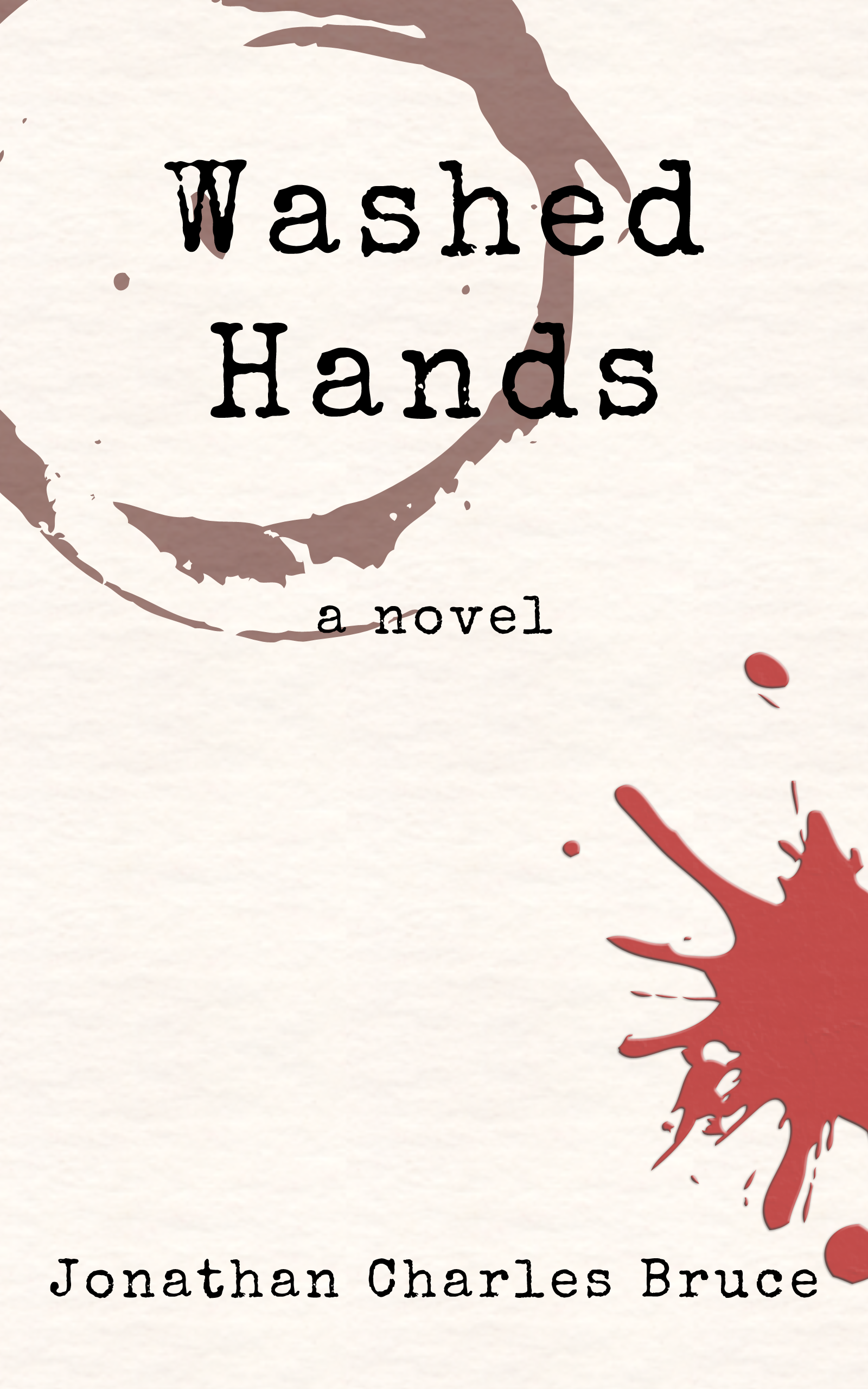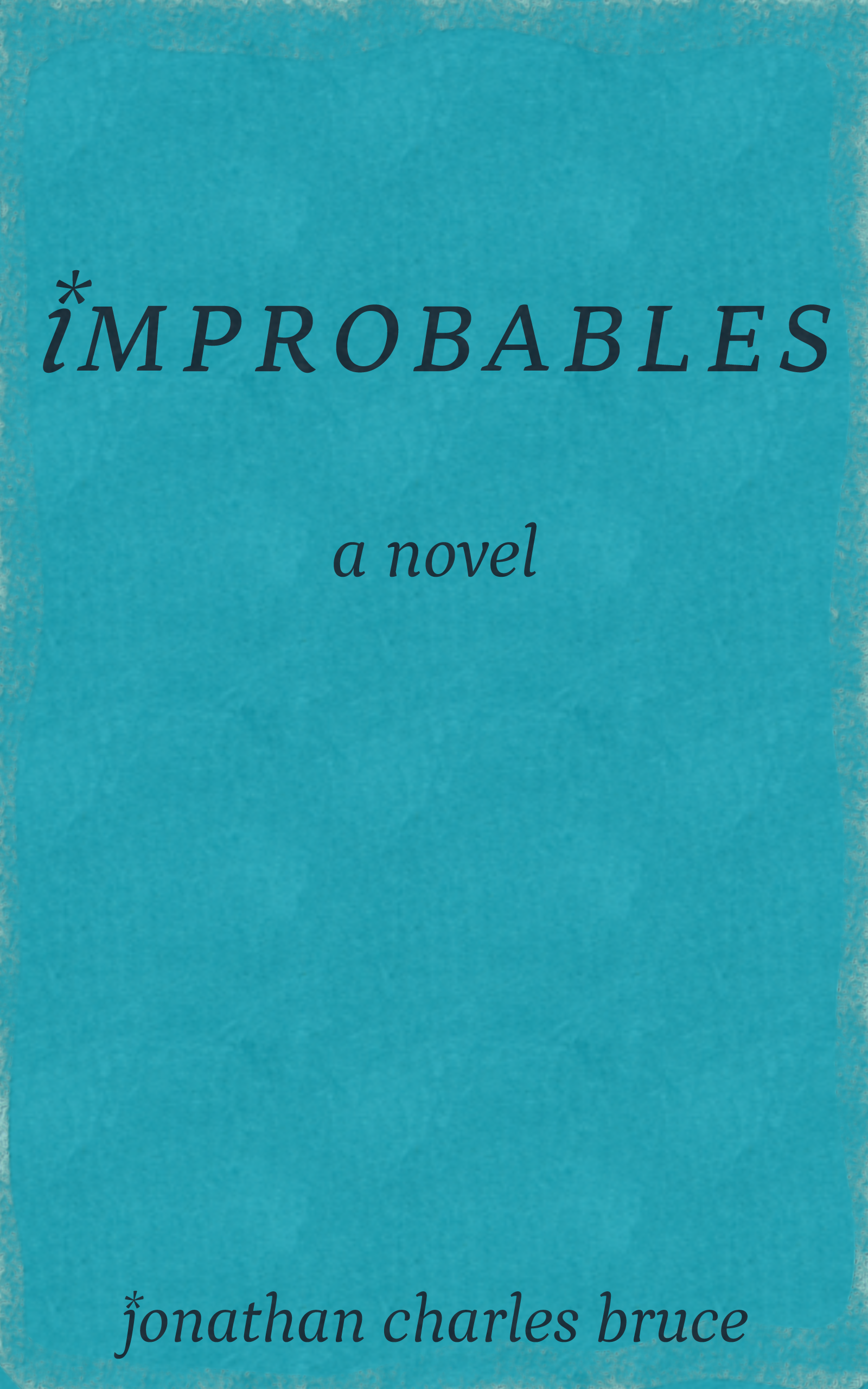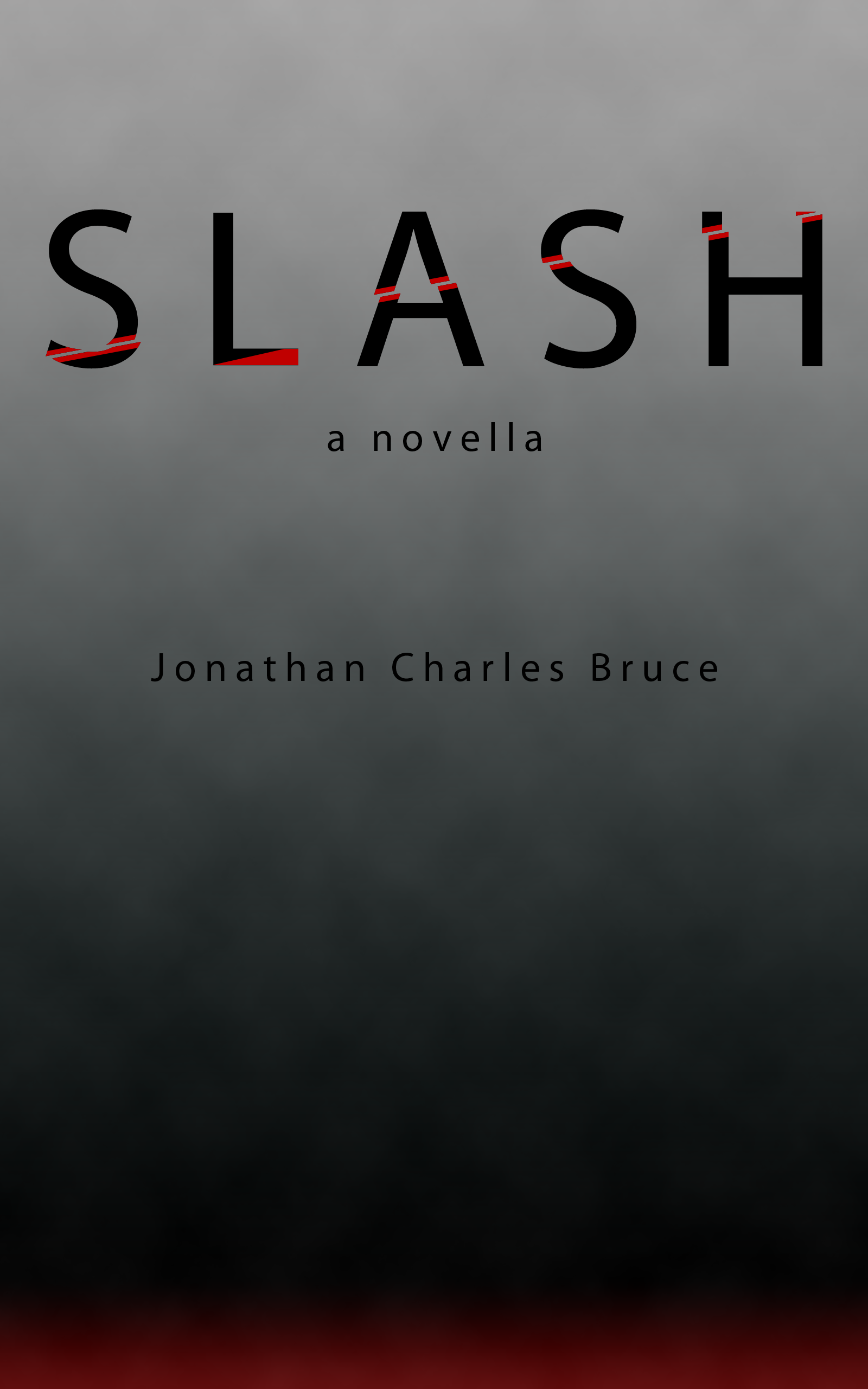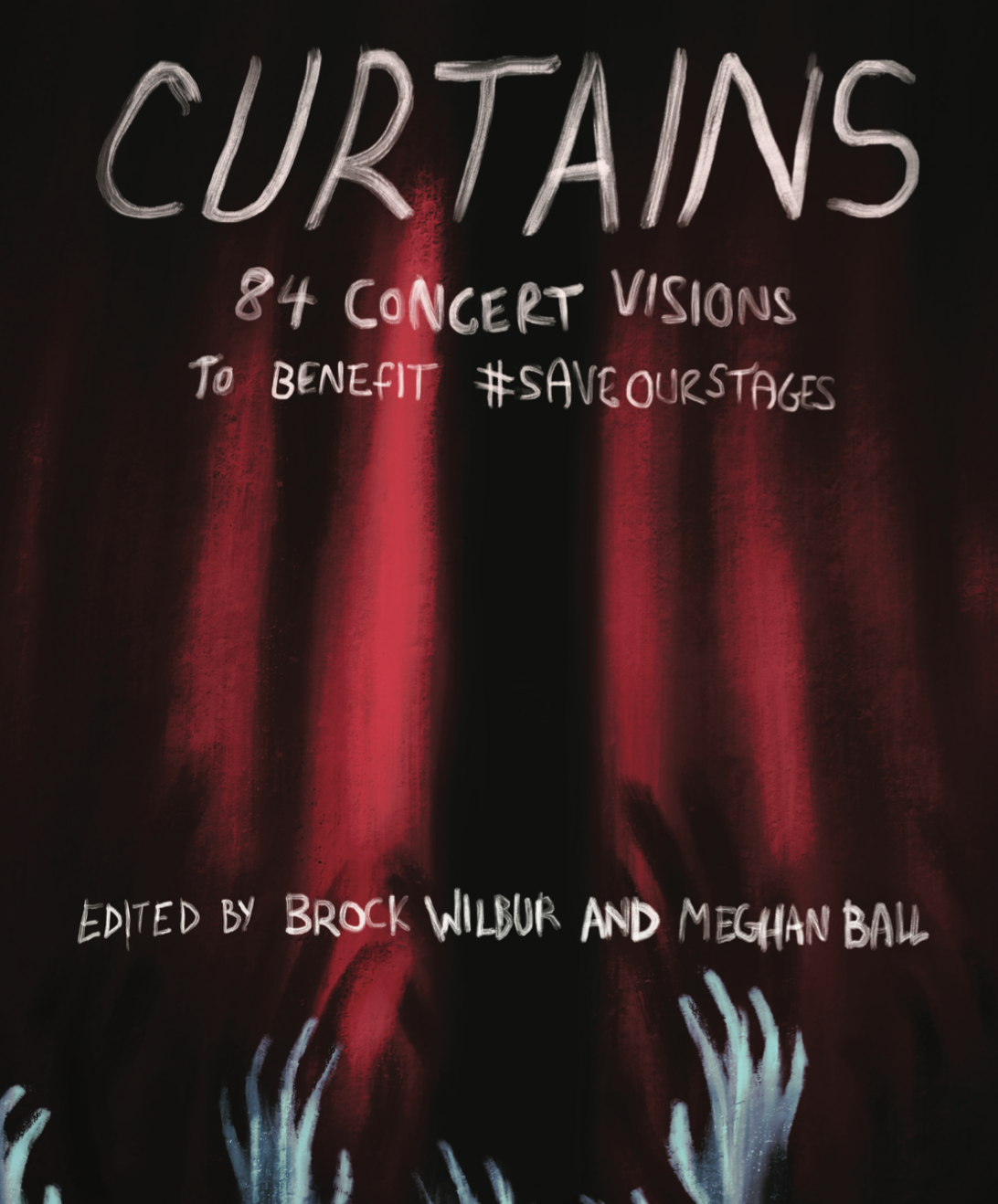On Mad Max: Fury Road
Last Friday, I saw Mad Max: Fury Road. If you follow my Twitter at all, you probably have noticed that I loved it. No, I more than loved it—I sat in the theater awed before its spectacle. There were practical effects that, even just a year or so ago, people had assured me would never again exist in theaters. The story was character-focused and each individual provided something emotionally resonant, whether overtly or quietly, magnetically or repulsively. Most of the film was an action sequence, choreographed beautifully in ways which brought to mind pitched naval battles.
People complained about Mad Max’s supposedly de-centralized role in the movie which bears his name. And it is at least partly true—the major focus is on Imperator Furiosa and her rescue of the sex slaves (“wives”) of the film’s villain, Immortan Joe. Max is captured in the first five minutes and turned into a “blood bag” for Nux, one of Immortan Joe’s hundreds of warrior-caste dying of some horrific genetic defect.
And with that, his scenes are reduced for a time to focus on Furiosa’s battle to survive. When his arc picks up again, he ends up stealing the Imperator’s vehicle and leaving her and the others to die in the desert. He only allows them to return when it’s clear he can’t escape without their help. From there, his journey is learning to trust and respect others once again. The apocalypse he lived through turned him into a spiteful shell; the postapocalypse is where he becomes human again.
Here’s the problem with making a Mad Max movie about Mad Max: what is there to tell? His wife and child die; is this not a movie we’ve seen before? A revenge fantasy where, unburdened by the feminizing influence “keeping him civilized”, a white male (usually brunet for the hat trick) unleashes terrible murder on those who have wronged him? How many times do we tell a story like that before we get tired of it?
Death Wish, where Charles Bronson wanders around solving New York’s crime a bullet at a time.
Death Sentence, with its posters touting us to protect what’s yours, as though family is property to defend rather than people with agency.
John Wick, only replace “wife and child” with “dog”.
Don’t get me wrong—I love John Wick. But there are dozens, if not hundreds, of these films and books, stories that pretty much hit all the same notes in the same way. Bad people kill someone the main character loves, then get murderized. It’s the same boring story with the same boring dude—the locales and the people getting pulped change.
To save Mad Max, we must move beyond Mad Max. Taken to a time after he has avenged his family (presumably, anyway), but still haunted by his failures. Vengeance did not grant him the release he was promised. His very existence is soul-crushingly survival-oriented: outrun, outshoot, outlast, die alone. Why wouldn’t it be so short-sighted, after all he’s been through?
His reluctance to help others suggests he has learned to accept a harsh truth: that his presence is poisonous. The very act of trying to help results in more pain. And while others die, he remains, continuing to be haunted by his past failures and the possibility of failures to come. Live only in the moment, for anywhere else is dangerous: the past is full of ghosts, the future is full of victims.
To tell that story, we have to tell the story of Furiosa and her escape. We show Max relinquish full control to someone who sees the future with hope. By making Max a part of someone else’s story, we do something your typical revenge-oriented serial-killer power fantasy can’t: we give him character. When one of Immortan Joe’s wives, the pregnant Splendid, survives an attack on Furiosa’s war rig, he gives her a thumb’s up—slow, perhaps a little grudgingly, but still an acknowledgement. His shell cracks. He becomes vulnerable.
You know… interesting.
People—or should I say idiots—complained about Mad Max: Fury Road being a feminist takeover of a valued masculine narrative. They cried about how the movie wasn’t about Max, it was about Furiosa, her charge, and their flight to freedom. The rigid patriarchy of Immortan Joe was clearly condemned, while the feminine focus was too… um… feminine, I suppose.
So?
Post-apocalypse fiction is dominated by shitty men being shitty. It’s either the theme of the story or it eventually gets to that point. 28 Days Later had a squad of military survivors ready and willing to rape a teenager because women “represented civilization” or whatever excuse they trotted out. The Last of Us had a pedophile cannibal rapist in charge of a camp of survivors, and some of the background dialogue implied that the women and children were merely commodities to be protected rather than people capable of surviving on their own. Even further, every outlaw bandit in the game is a man—the patriarchy, it seems, does quite well in the aftermath of the end of the world.
Immortan Joe’s society, or at least his caste system, is utterly obsessed with maleness for two reasons. The first is to obtain an heir. The second is war. It is toxic masculinity at its most extreme, reducing any version of manhood to two restricted realities—one is a “perfect” male body capable of taking over Joe’s society, the other is a fanaticism that ties military success, death, and validation into one. Men in this society are allowed to be only one thing—instruments of death. Although not expressly stated, it is implied that Joe’s potential daughters are killed upon being born—we see no evidence of femininity in his upper caste, only his “breeders”. While being male is clearly “upper caste” and “valued”, it is destructive to itself and others—to be a man is to destroy and be destroyed.
There’s nothing new to the maleness on display in Mad Max, either protagonist or antagonist. We’ve seen the brooding loners before. We’ve seen the “We must secure our legacy” bad guys before. We’ve seen them together, and we’ve seen them doing their own things. What makes Mad Max: Fury Road so amazing is the fact that the victims of Immortan Joe didn’t wait to be freed—they did it themselves. Max happens to be caught up in their flight and grudgingly lends a hand.
And then there’s the motorcycle tribe of warrior women. Initially distrustful of both Nux and Max, they are women of their own destiny. In Immortan Joe’s society, many of them would be relegated to the sidelines, as they are beyond childbearing age. On their own, however, they carve their own path as scavengers. And yet even there, one maintains hope of settling down—she carries with her a bag of seeds, seeds of all kinds of plants, many of which she would probably not see mature. Nevertheless, she tells one of the “wives” her plan, securing her legacy in the face of looming death.
It’s that agency that makes Fury Road, that elevates it from Yet Another Power Fantasy: Australian Outback Edition to something infinitely more. Furiosa and the “wives” aren’t plotting a revolution and waiting for the perfect moment which corresponds with Max’s arrival. Furiosa planned and executed the rescue herself. Max, confident in his own masculinity, can let others take the helm. They succeed when they cooperate, and their darkest moments come when they fall within themselves for answers that aren’t there.
Make no mistake: there is violence on display in Mad Max: Fury Road. But more specifically, there are two types of violence. There is the violence of Immortan Joe and his lot—destructive, searching, and extreme. It is the violence borne of a society steeped in blood and “honor”, obsessed with the urge to validate one’s existence by use of force, for there is no other way. Then there is the violence of Furiosa, Max, and the “wives”. It is a reactionary violence, defensive and restrained. It seeks to do enough damage to break the chains that bind them, but attempts to prevent its uninhibited spread.
One glorifies, one utilizes. One is a society’s only language, the other is a desperate tool.
I watch the movie with awe. I hear the messages of those who are typically written out or otherwise downplayed in the aftermath of cinematic nightmares: women are not property, women have rights, women have agency. And yet, these are the things that some people, angry people, profoundly stupid people are getting upset about. When Splendid uses her pregnancy as a shield and Immortan Joe points and bellows “That is my property!”, one should not leap to defend Joe.
But perhaps the most powerful moment are the final shots between Max and Furiosa. Rather than stay in a world that she will not likely need help ruling, Max attempts to disappear into the crowd. He turns back to share a final look. They nod to each other—these are characters that have no romance, no lust. They share no kiss, no tender embrace. They share blood, thanks to a transfusion that saves Furiosa’s life, a bit of symbolic shorthand for the kind of people they are. That nod? An acknowledgement. Of recognition. Of respect for one another.
It is goddamn perfect.
< PREVIOUS ENTRY • NEXT ENTRY >
Advice • Fiction • Gaming • General Musings • Reviews





